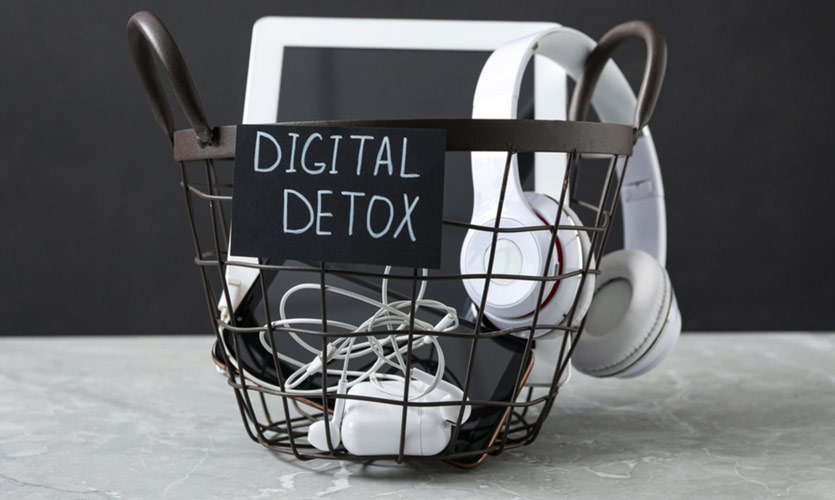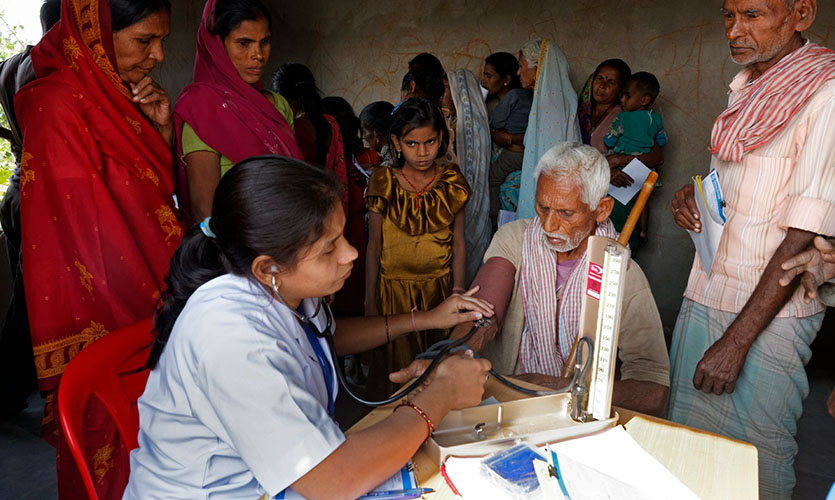Digital detox, in the simplest of terms, is voluntarily forsaking the use of smartphones, social media platforms, or electronic devices, for a brief period, or in other words, stopping and smelling the roses! Avid users have often found the concept not only scary but nearly impossible, but in an exceedingly competitive generation, digital detox can, in fact, prove to be immensely rewarding. Also, if simply reconnecting with the world and people around, is not valid enough to go on a digital detox, there are several scientific reasons behind it as well.
A study by the University of Pittsburgh showed that those who use 7 to 10 social media platforms are more likely to have depressive symptoms, or feel isolated socially, as compared to those who use fewer platforms on. Moreover, numerous studies have already established the connection between higher screen time and mental health. The constant exposure to information leads to an unhealthy perspective of oneself and others, since humans are psychologically inclined to focus more on negativity. The multitudes of filters and correction apps cause body image issues. An American stress survey revealed that nearly half the people between 18 to 35 years, admitted that their social media feeds made them feel “unattractive.”
Digital devices and tech stress are known to affect sleep as well, causing problems like anxiety and insomnia. Unplugging from devices can be beneficial to your sleep cycle, because longer durations spent in front of the screen have been linked to shorter and uneven sleep patterns. “Artificial blue light emitting from screens increases alertness and suppresses the hormone melatonin (which regulates the sleep cycle) by up to 22 percent,” a study has revealed. A Majority of people use their phones or laptops 5 minutes before bed, and within the first 30 minutes after waking up. Experts consider technology addiction as a very serious behavioral addiction that can pose physical, psychological and social problems.
The pandemic has elevated addiction levels. Australia’s National Broadband witnessed a 70-80 percent spike in screen-time during the lockdown, and the habits have not receded despite the end of the lockdown. The irrational fear of missing out on constant updates can only be broken with “off-time.”
Digital detox heightens productivity and lowers stress levels. While it might not be possible to completely abandon devices for a longer period, assigning a few hours a day sans technology can work wonders. You can begin by minimising the use and adjusting your routine accordingly. Instead of starting the day off by scrolling through Instagram or checking a work mail, a proper morning routine with breakfast, exercise and shower can help. Avoiding screens during meals is another factor which can boost your health. You can also avoid straining your eyes which can cure issues like dry eyes, blurry vision, neck pain and headaches. Google and Apple have rolled out features that help you track your screen-time. Additionally, to monitor your everyday usage, apps like Freedom, Zenscreen, and Space are useful as they notify you of your screen time.
Read more: Taking Care Of Mental Health In The Times Of Distress










